Dhaka, Apr 01 (V7N) – Several ambassadors and diplomats, who were removed from their positions by the interim government of Dr. Muhammad Yunus, have yet to return to Bangladesh despite official orders. The government had canceled the contractual appointments of ambassadors to the United States, Russia, Japan, Germany, Saudi Arabia, and the United Arab Emirates after taking charge on August 5, following the mass uprising.
Among those who have not returned is Saida Muna Tasneem, Bangladesh’s former High Commissioner to the UK. Although she was instructed to return on September 29, six months have passed, and she remains in Britain.
Similarly, Javed Patwary, the former Ambassador to Saudi Arabia, did not return to Bangladesh and instead went to the United States. Former Ambassador to Japan, Shahabuddin, has also failed to comply with the government's recall orders. Reports indicate that several diplomats have sought refuge in third countries instead of returning to Dhaka.
Concerns Over Bangladesh’s Image
Analysts view this situation as unusual and unprofessional, warning that it could damage Bangladesh's international image.
Professor Sahab Enam Khan, an expert in international relations, stated,
“This sends a wrong message to the global community. If ambassadors refuse to return through the proper administrative process, it could raise concerns about Bangladesh’s governance, transparency, and human rights. The government must address this issue seriously.”
The most controversial case is Harun Al Rashid, Bangladesh’s former ambassador to Morocco, who has reportedly moved to Canada and has been posting controversial statements on social media. His actions have caused discomfort within the Foreign Ministry.
Former Ambassador Humayun Kabir noted that diplomats have the right to resign, but any harmful statements made abroad could prompt Bangladesh to seek assistance from host governments.
“Personal opinions are one thing, but if former diplomats collectively create obstacles for the government, Dhaka has the right to contact those countries and take necessary actions,” he said.
Political analysts suggest that the government must take a stricter stance to ensure that diplomats follow orders and return as required. Whether or not contractual appointees comply, the government is expected to enforce its authority over regular officials of the Foreign Ministry.



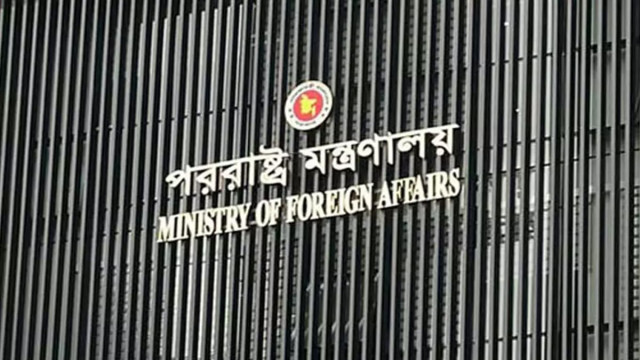
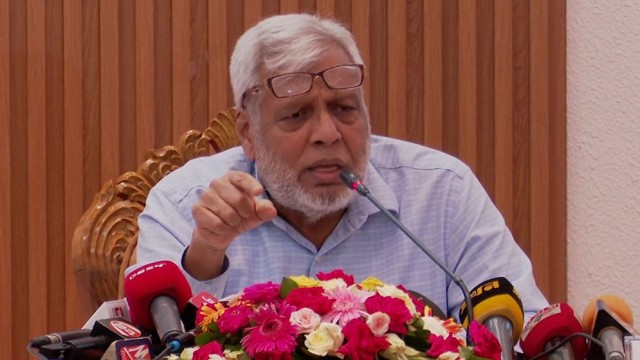
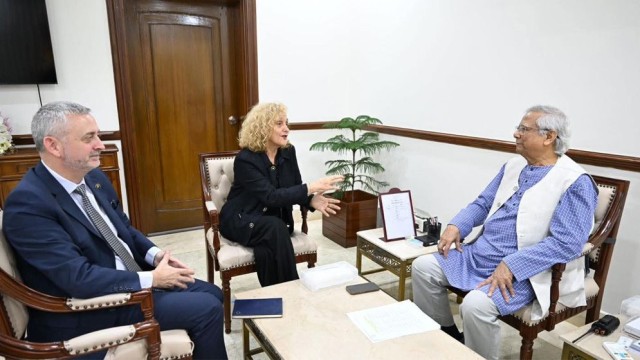
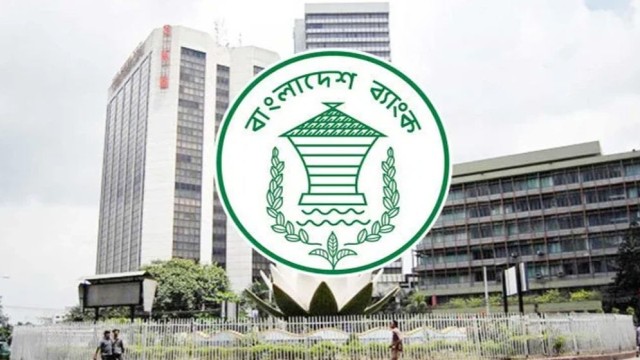

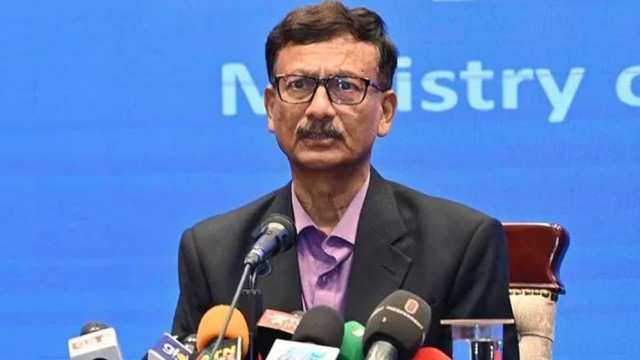
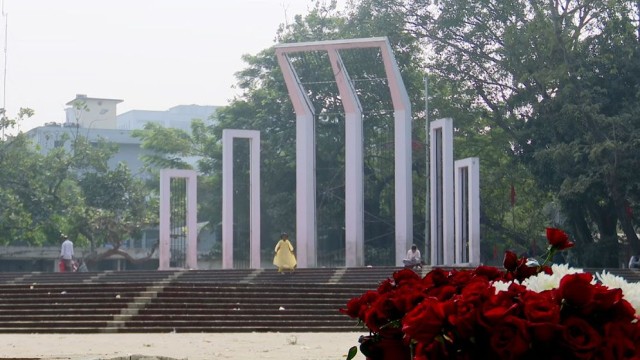
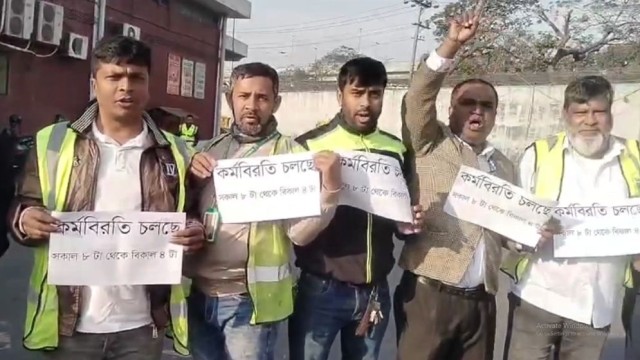
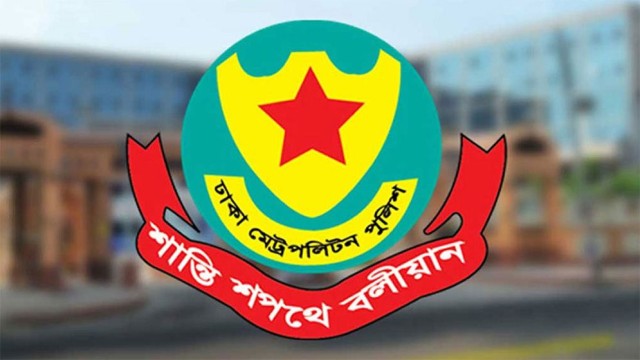
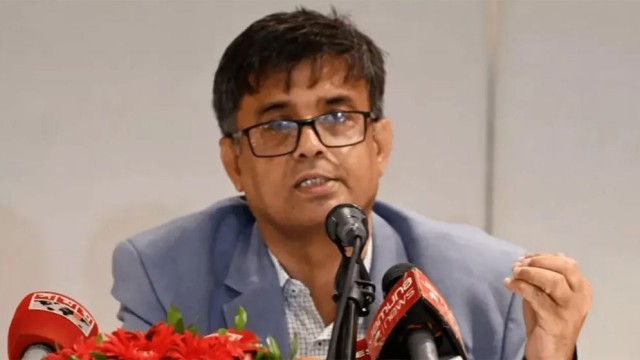


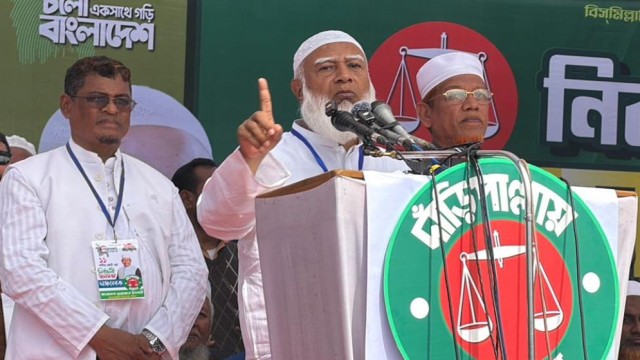
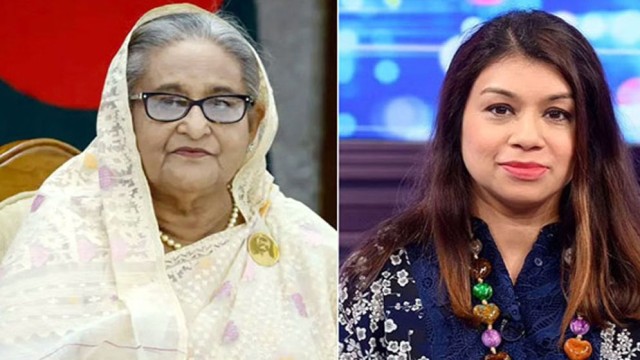
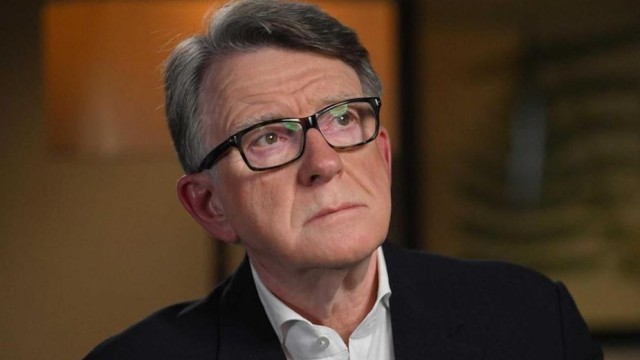




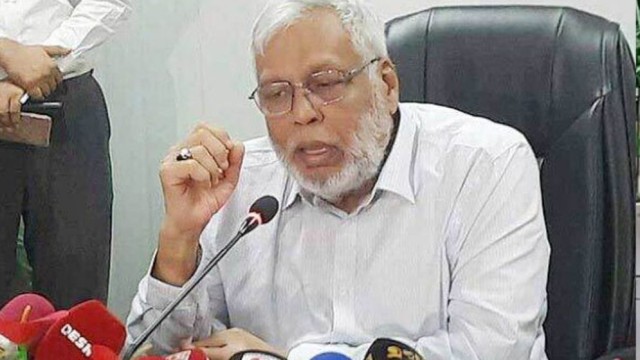


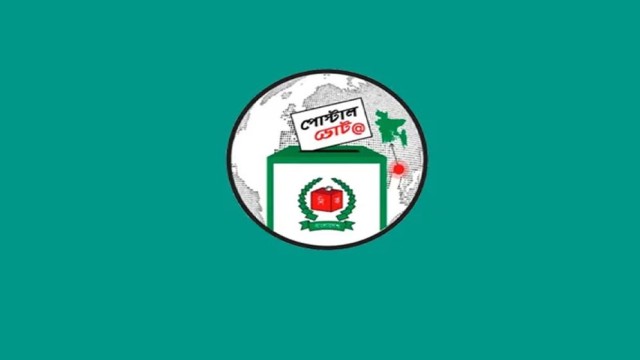




Comment: